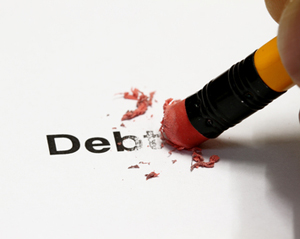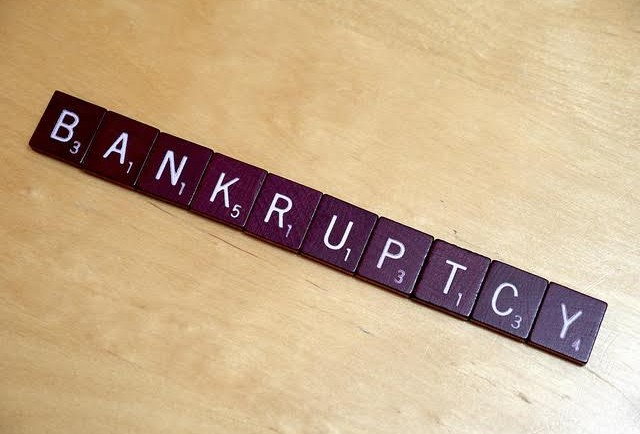A personal loan can help you amass funds that you would require to pay for pressing expenses. However, if you have a poor credit score, you are likely to find it very difficult to get a personal loan approved. A bad credit rating will spoil your chances of acquiring a personal loan. A poor credit score or a poor credit history indicates your failure to pay back your loan amounts. Hence, if you are finding it difficult to get a personal loan approved, you should improve your credit history first.
Often we make the error of assuming that specific factors affect our credit rating when they have no impact. Factors such as your debit card usage, marital status and age have no role in determining your credit score. Other details such as your employment status, bank balance and income have no direct impact on your score, though it might influence your approval.
You will have to give individual attention to the factors that are likely to impact your credit score and the chances of getting a personal loan. Simply getting an appropriate personal loan is not sufficient as you also must have a decent credit rating to benefit from it. If you are looking for a personal loan by taking on a trial-and-error method it will be destructive and fruitless.
Let us look at some tips you can follow to find a personal loan without hurting your credit score:
Pay your dues on time
Even if you fail to pay your credit card bills and other dues on time, try to pay it within a month of the due date. Making payments within 30 days past the due date is accepted normally. By doing so, you can opt for the personal loan of your liking, without worrying about getting rejected. It will also have a positive influence on your credit score.
Avoid applying for personal loans from different lenders
If you are applying for multiple personal loans at the same time, your credit rating is likely to take a hit. This indicates your lack of confidence in obtaining a loan and which will reflect badly on your credit rating. Instead of applying for personal loans from multiple lenders, you must check the prospective rate of interest and eligibility by using a Personal Loan Eligibility Calculator.
Get a quote from the lender of your choice
If you apply for a personal loan formally, the lender will carry out a credit check. It is likely to leave a negative score on your rating. If this takes place often, your score will go down drastically. So, find out if you are eligible for a loan before applying by talking to the moneylender in person and going through the eligibility criteria.
Compare the fees charged by different lenders
Many banks offer low-interest rates but charge substantial supplementary fees. These include high prepayment penalties, excessive processing fees, arbitrary upkeep charges and more. These charges are likely to raise your burden and may lead you to miss a monthly instalment that may eventually damage your credit rating. So before applying, compare the charges and fees imposed on personal loans.
Seek help from non-banking financial institutions
Your chances of getting a loan will enhance significantly if you widen your pool of options. Apart from banks, approach non-banking financial institutions. These institutions are listed with Monetary Authority of Singapore and offer a wide range of loans. Like banks, these institutions also depend on your credit score and history to evaluate your risk as a debtor. However, these institutions may have different packages for different risk appetites.
Your credit score is the most significant financial tool to get the best personal loan. If you have the right credit score, you will easily get the approval for loans at the best available interest rates. As a result, it is very important that you make sure your lender offers you competitive interest rates and simple personal loan eligibility calculator together with other sufrepplementary benefits.


